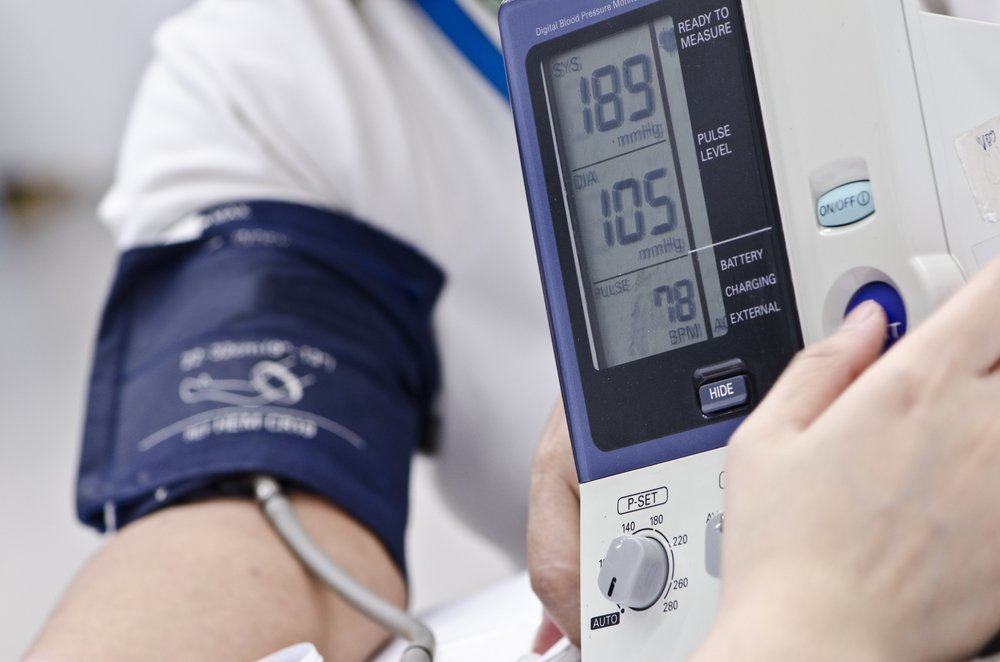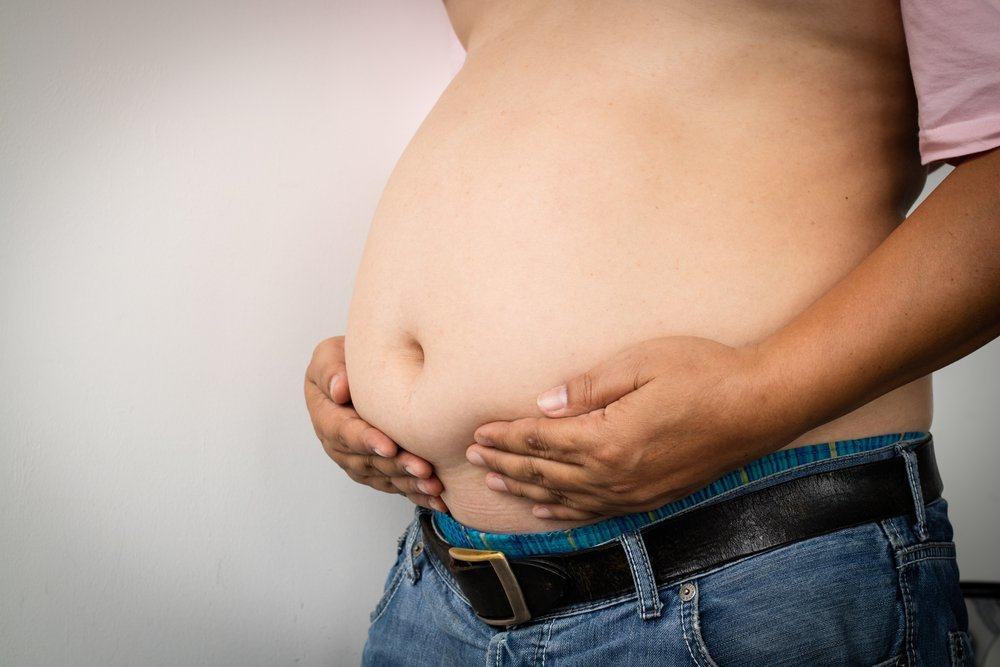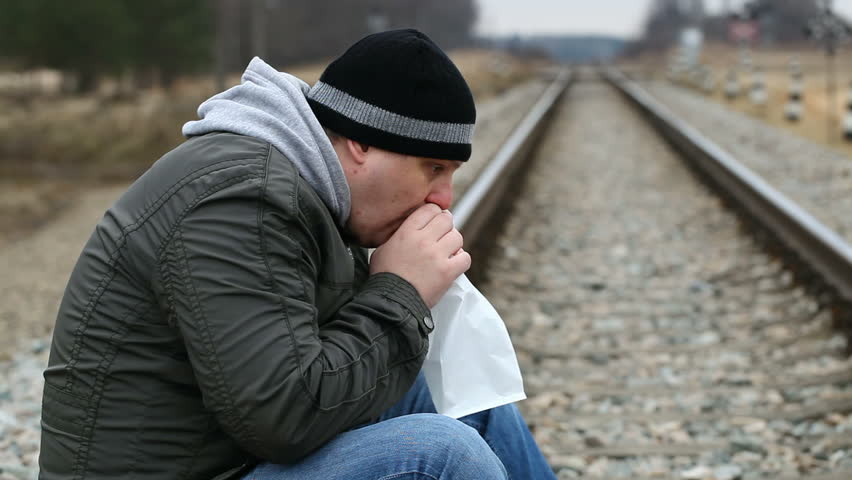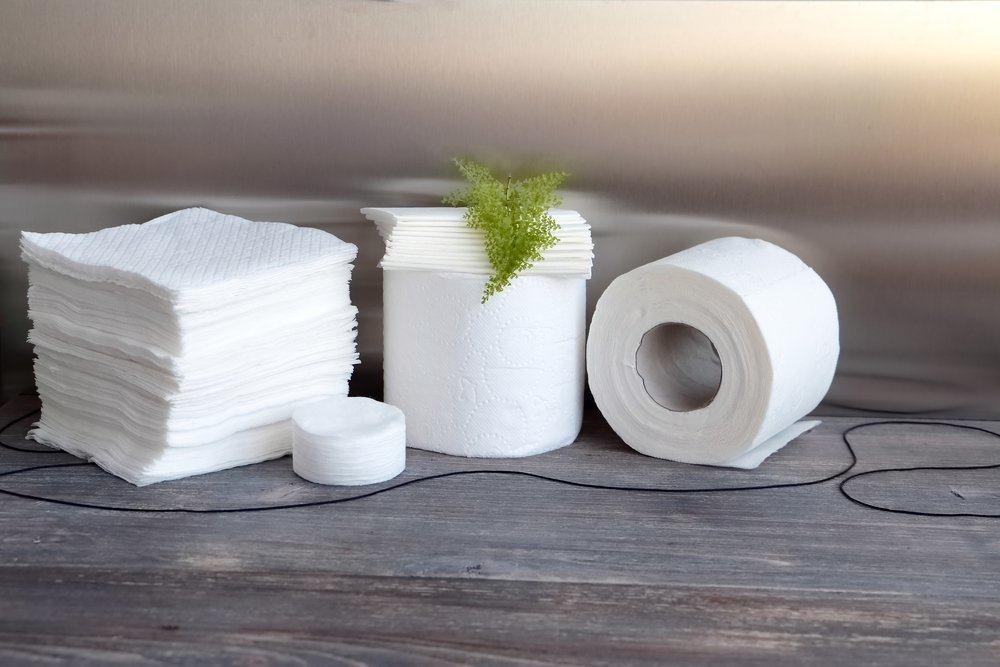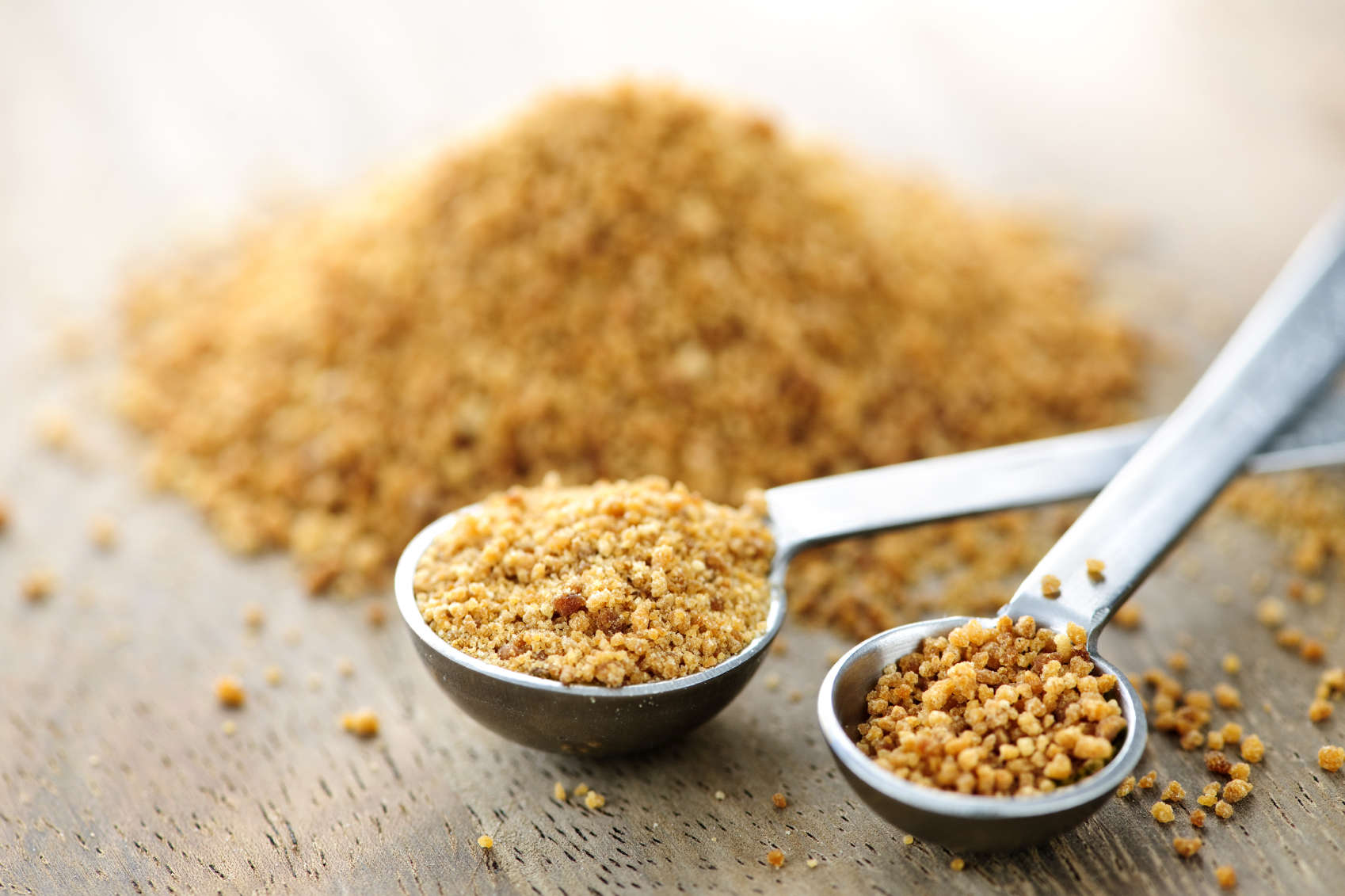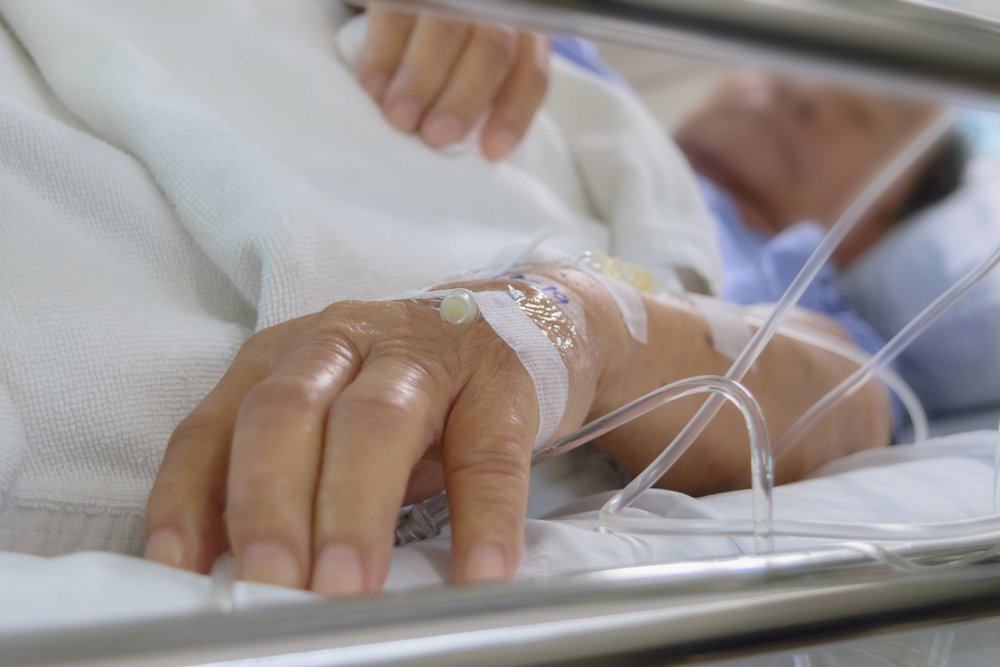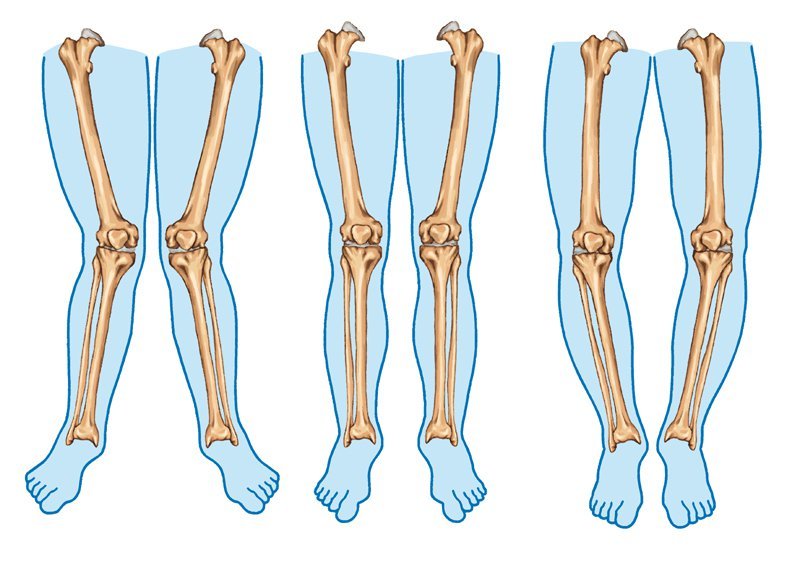Contents:
- Medical Video: 10 Things Every Woman Should Do After Intercourse! Natural Remedies
- Washing the vagina after sex, what is the effect?
- So, how to prevent pregnancy after sexual intercourse?
- 1. Condoms
- 2. Birth control pills
- 3. Hormone-based contraceptive methods
- 4. Intrauterine devices (IUDs)
- 5. Vaginal barrier
- 6. Sterilization
- 7. Spermicide
Medical Video: 10 Things Every Woman Should Do After Intercourse! Natural Remedies
Some women think that immediately washing or rinsing their vagina after intercourse can prevent pregnancy. Hmmm ... myth or fact? see the following explanation.
Washing the vagina after sex, what is the effect?
Please note when washing the genitals, we only wash the outside of the vagina such as the outer labia, inner labia, and around the anus. Not to the inside of the vagina.The hole to the cervix is very small. Therefore, it is difficult for water to penetrate the cervix. But it is not difficult for sperm to penetrate the cervix because sperm is a very small microscopic.
Washing the vagina with water, or urinating after intercourse, will not be able to prevent or stop sperm from going to the egg after the penetration process. Vaginal washing is done solely to clean the vulva from semen after intercourse, not as a way to prevent pregnancy.
Sperm is a great swimmer. When you rush to the bathroom after having sex to wash your vagina, you can't beat the movement of sperm to the egg. However, vaginal washing after having sex with water or even douching, is not one way to prevent an effective pregnancy.
So, how to prevent pregnancy after sexual intercourse?
The best way to prevent the risk of unwanted pregnancies among sexually active women and men is to use birth control or contraception correctly and consistently. Here are some ways you can do to prevent pregnancy.
1. Condoms
This type of contraception is the most popular so it is most widely used. Condoms made of elastic rubber are installed on the penis to prevent sperm from entering the vagina.
Female-specific condoms can also be used in women, by inserting condoms in the vaginal mouth eight hours before sexual intercourse. But this is very rarely used because women who use condoms claim to feel uncomfortable in the vagina.
2. Birth control pills
Contraception is also commonly used as an effort to prevent pregnancy. Taken every day, the use of contraception is 99% effective in preventing pregnancy when used appropriately in accordance with the instructions.
There are two types of birth control pills: combination pills and mini pills. Combination pills work by combining the hormones estrogen and progestin to prevent ovulation (which causes pregnancy). In using combination type birth control pills, careful use is needed. While the mini pill is used for women who are sensitive to estrogen, because this pill only contains the hormone progestin taken daily.
3. Hormone-based contraceptive methods
The use of hormonal contraceptives includes the use of patches, implants, vaginal rings, and injections. This method is 91% - 99.95% effective when done according to the doctor's instructions.
4. Intrauterine devices (IUDs)
A doctor will insert a small T-shaped device (spiral) into the woman's womb. There are two types: copper and hormonal (progestin). This tool serves to prevent sperm from meeting the egg. This tool is more than 99% effective when used correctly.
5. Vaginal barrier
Some contraceptive products are made to limit the sprema to the uterus. Apart from condom use, several methods that can be used are sponge contraception, diaphragm, and cervical cap.
6. Sterilization
Some surgical procedures can be done to prevent pregnancy. Women can perform tubal ligation (tubectomy), which is the cutting and binding of the fallopian tubes, so that the egg does not exit the ovary. In addition, women can also do a hysterectomy or removal of the uterus. While men can do a vasectomy, surgery is done to prevent sperm mixed with semen when ejaculating. Tubal implants, hysterectomy, and vasectomy are permanent methods to prevent pregnancy.
7. Spermicide
Spermicide is shaped like a foam or gel that can kill sperm. Women can apply it directly into the vagina.


